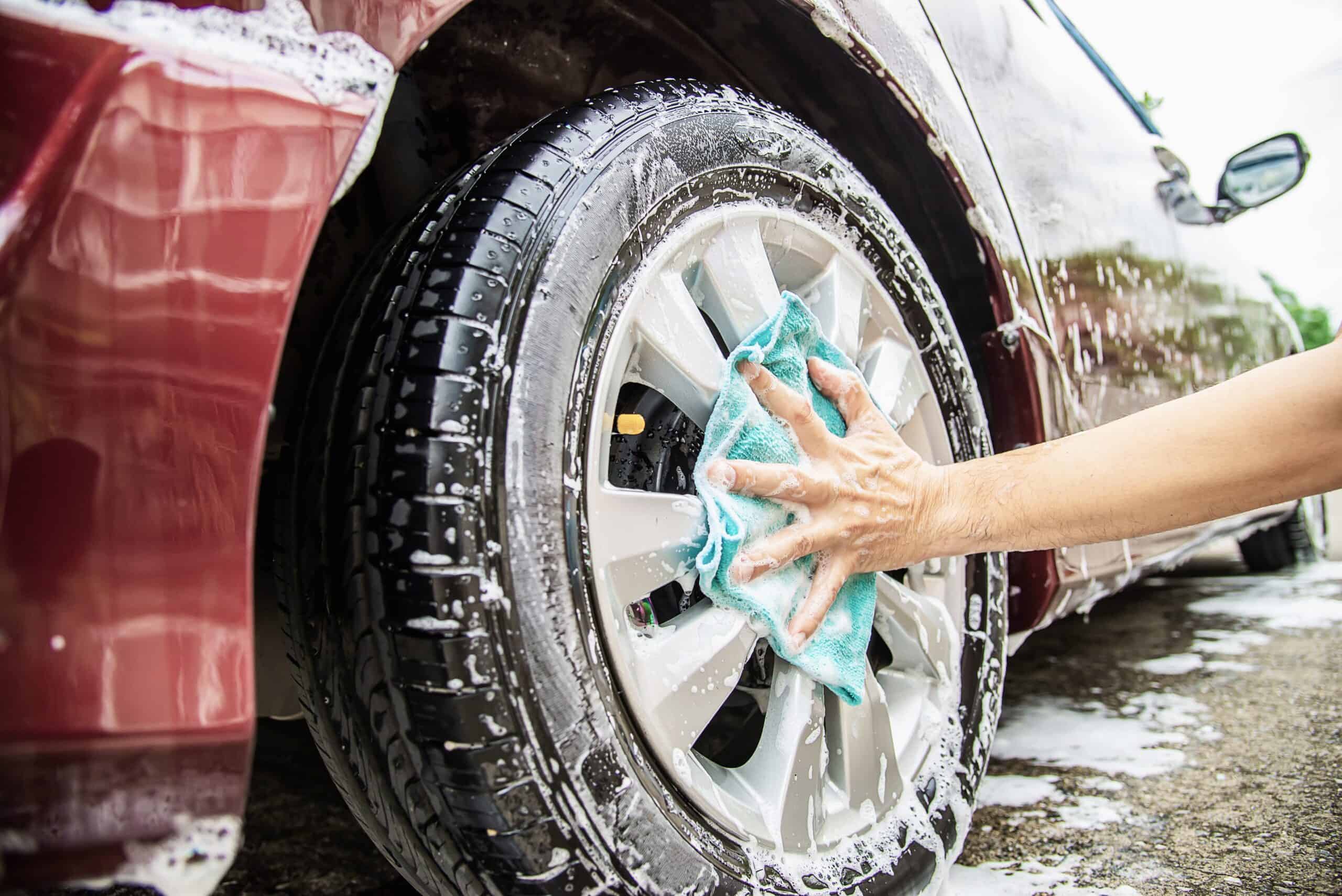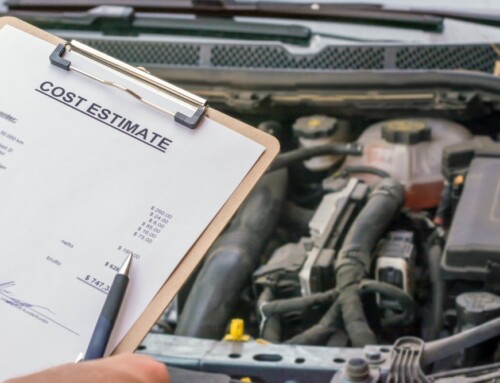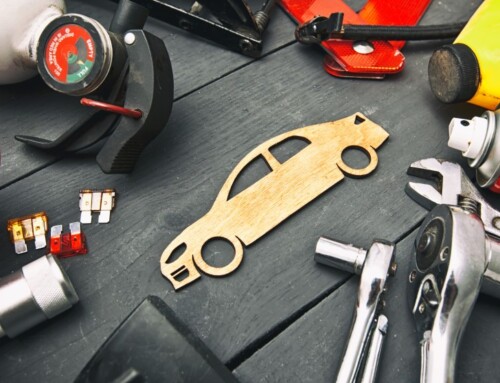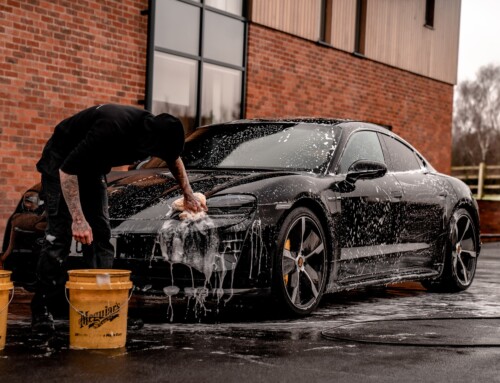When it comes to car detailing, many believe those specially formulated car cleaning supplies aren’t necessary. They think household cleaning products work just fine, and automotive cleaners are a waste of money.
That, to the surprise of many, couldn’t be further from the truth. Cleaning products that aren’t designed to clean the exterior and interior surfaces of your vehicle often do more damage than good.
Dishwashing detergent, for example, is one of the most common household cleaners used for auto detailing. The problem: Dish soap is abrasive and the de-greasers used in their formulation remove good oils from the paint. As a result, dish soaps can damage the protective coating and cause oxidation.
Products to Avoid When Cleaning Your Car
Dish soap isn’t the only type of cleaning product you should avoid using on your car. Here are some other products that can do more harm than good:
Dirty Drying Towels and Sponges
Using dirty towels and sponges to clean and dry the exterior is a common mistake, and it can cause serious problems. Small dirt particles tend to collect in towels, and when dirty towels are used, they leave microscopic scratches and swirls on the paint. A quick tip: Always use clean towels for drying and new soft sponges and microfiber shams for shampooing.
Non-Leather-Safe Products
Interior leather upholstery and leather seats are delicate, and common automobile cleaning products can severely damage their finishes. Ammonia-based cleaners, for example, tend to dry out leather’s natural oils, which can lead to cracking. How can you avoid this? Always use leather conditioning and protectant products.
Caustic Soaps and Polishes
Almost all exterior cleaning solutions contain water and a surfactant, which is the soap. Ideal formulas are “soft,” meaning they don’t include abrasives and contain little-to-no acid. You can harm the paint’s finish by using caustic, high-acid products that contain alcohol and/or ammonia. Instead, go for a formulated exterior paint shampoo.
Acidic Wheel Cleaners
Tar, brake dust and grease build up around the wheels, and over time, this grime can be very difficult to remove. Wheel cleaning products are typically designed to be slightly abrasive to remove this tough grime. What you should avoid though are cleaning products that contain highly acidic cleaners, as these eat into the finish of aluminium and steel wheels, and can cause pitting and uneven finishes.
Ammonia-Based Glass Cleaners
Most household window cleaners contain ammonia and they are highly acidic. That’s a problem, especially on tinted glass. Over time, caustic cleaners slowly eat away at the tinting material and cause it peel and chip away. Additionally, ammonia-based cleaners can also leave streaks, which are dangerous when driving. A damp microfiber cloth is ideal for cleaning glass.
Want to avoid using the wrong cleaning supplies? Hire a car cleaning expert. An automobile detailing service – like Car Care – can save you time and money.




